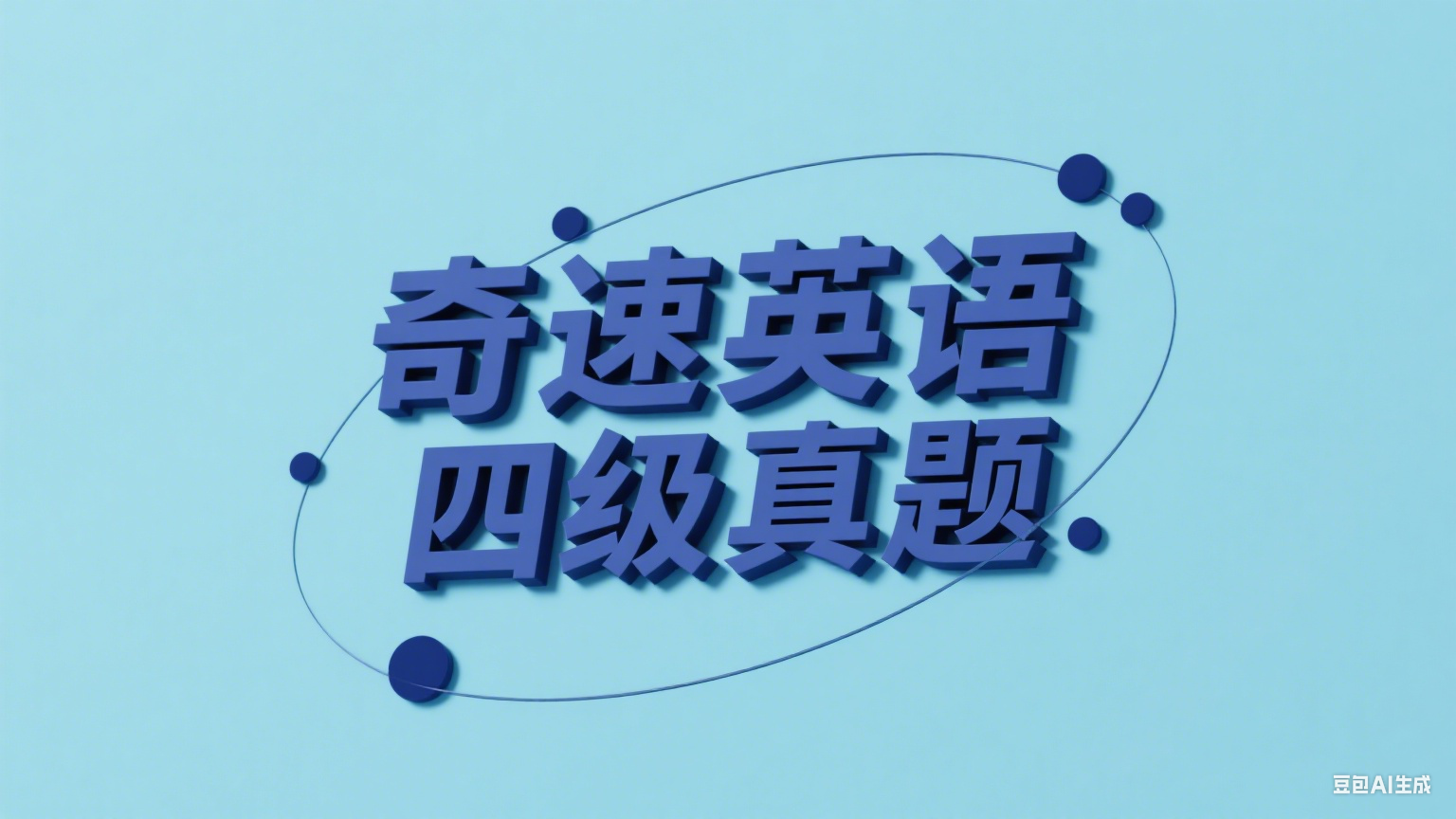
① Some people have said aging is more a slide into forgetfulness than a journey towards wisdom. However, a growing body of research suggests that late-in-life learning is possible. In reality, education does an aging brain good.
② Throughout life, people’s brains constantly renovate themselves. In the late 1960s, British brain scientist Geoffrey Raisman spied growth in damaged brain regions of rats through an electron microscope; their brains were forging new connections. This meant brains may change every time a person learns something new.
③ Of course, that doesn’t mean the brain isn’t affected by the effects of time. Just as height usually declines over the years, so does brain volume: Humans lose about 4 percent every decade starting in their 40s. But that reduction doesn’t necessarily make people think slower; as long as we are alive and functioning, we can alter our brains with new information and experiences.
④ In fact, scientists now suspect accumulating novel experiences, facts, and skills can keep people’s minds more flexible. New pathways can strengthen our ever-changing mental structure, even as the brain shrinks.
⑤ Conventional fixes like word puzzles and brain-training apps can contribute to mental durability. Even something as simple as taking a different route to the grocery store or going somewhere new on vacation can keep the brain healthy.
1.1. What do some people think of aging adults?
A Their wisdom grows as time goes by.
B Their memory gradually deteriorates.
C They can benefit from late-in-life learning.
D They are likely to have mental health issues.
解析:选B。B 细节理解题。根据题干关键词some people和aging adults可以将答案定位到第一段第一句。第一段第一句指出,有些人说,衰老更像走向健忘的衰退过程,而不是通往智慧的旅程。由此可知,有些人认为老年人的记忆力是逐渐下降的,故选项B正确。答对本题,大家需要能看懂 more...than(与其说,不如说)这个句型,其中的forgetfulness如果不认识,可以根据构词法进行猜测,forget(忘记)+ful(容易……的)+ness(名词后缀),合在一起就是“健忘”。选项A与原文意思相反,可以排除。选项C虽然出现了原文中的late-in-life learning,但是原文是说在晚年学习是有可能的,选项C含义与此不符,且文章并未提及它是一些人对老年人的看法,故排除。选项D文章中没有提及,故排除。
2.2. What can we conclude from Geoffrey Raisman’s finding?
A Brain damage seriously hinders one’s learning.
B Brain power weakens slower than we imagine.
C Brains can refresh and improve with learning.
D Brains forge connections under new conditions.
解析:选C。C 细节理解题。根据题干关键词Geofrey Raisman’s finding可以将答案定位到第二段第二句和第三句。第二段第二句指出,在20世纪60年代后期,英国脑科学家杰弗里·雷斯曼通过电子显微镜在老鼠大脑的受损区域发现了生长的迹象;它们的大脑正在建立新的联系。这句是实验的现象,下一句点出了实验的结论:这意味着每当一个人学习新东西时,他的大脑都可能会发生变化。这里虽然没有明确说具体的变化是什么,但是根据实验发现大脑有生长的迹象可知,大脑的变化是正向的。这与选项C表达的意思一致,通过学习大脑可以重新充满活力并改善,故C正确。另外,根据本段首句“在一生当中,人们的大脑不断地进行自我修复”也可以得出此结论。选项A和B原文没有提及,可以排除。选项D中出现了原文词汇forge connections,原文是说实验中老鼠受伤的大脑区域产生了新的联系,并不是实验得出结论--大脑在新的条件下建立联系,故排除。
3.3. What is one thing that helps maintain the health of our brain even as it shrinks?
A Doing daily routines by conventional means.
B Avoiding worrying about our mental durability.
C Imitating old dogs’ way of learning new tricks.
D Approaching everyday tasks in novel ways.
解析:选D。D 细节理解题。根据题干关键词maintain the health of our brain even as it shrinks可以将答案定位到第四段第二句。第四段第二句指出,新的路径能够强化我们不断变化的脑部精神结构,即使大脑在萎缩。这里的新路径具体指什么呢?可以继续往下读。第五段第二句指出,换一条不同的路线去杂货店,或去一个新的地方度假,即便是像这样简单的事情也可以保持大脑健康。对比四个选项,可知选项D“以新颖的方式处理日常事务”符合原文,为正确答案。选项A明显与原文意思相反,排除。选项B和C的说法原文都没有提及,均可以排除。
4.4. What does the author say can contribute to the improvement of brain function?
A Being curious and desiring knowledge.
B Being eager to pass brain tests at an old age.
C Rising to life’s challenges and avoiding risks.
D Boosting immunity to serious mental diseases.
解析:选A。A 细节理解题。根据题干关键词contribute to the improvement of brain function可以将答案定位到最后一段。最后一段前两句指出,渴望接受新的挑战,比如老年人创办新企业,对大脑功能的改善有所帮助。接下来继续指出,开放性--保持好奇心和对知识的渴望,也可以帮助人们通过大脑测试;最后指出,完成拼图和数字游戏等推理任务可以增强人们对新体验的渴望,这反过来可以使大脑重新充满活力。总结来看,接受新挑战、保持好奇心和求知欲、渴望新体验,这些都能使大脑重新充满活力,故选项A正确。选项C错在原文没有提及“规避风险”,虽然前半句迎接生活中的挑战是符合原文的,也不能选。选项B和D原文没有提及,排除。
5.5. What is the finding of the 2012 study in the journal Psychology and Aging?
A Wishing to solve puzzles enhances one’s reasoning power.
B Playing number games unexpectedly stimulates one’s memory.
C Desiring new experiences can help to renovate the brain.
D Learning new tricks should not be confined to old dogs only.
解析:选C。C 细节理解题。根据题干关键词2012 study in the journal Psychology and Aging可以将答案定位到最后一段倒数第二句。最后一段倒数第二句指出,2012年发表在《心理学与衰老》杂志上的一项研究发现,完成拼图和数字游戏等推理任务可以增强人们对新体验的渴望,这反过来可以使大脑重新充满活力(refresh the brain)。由此可知,研究发现,推理任务可以增强人们对新体验的渴望,这种对新体验的渴望又会帮助改善大脑,故选项C正确。选项C中的renovate与原文中的refresh是同义替换。其他三个选项都与原文不符,可以排除。